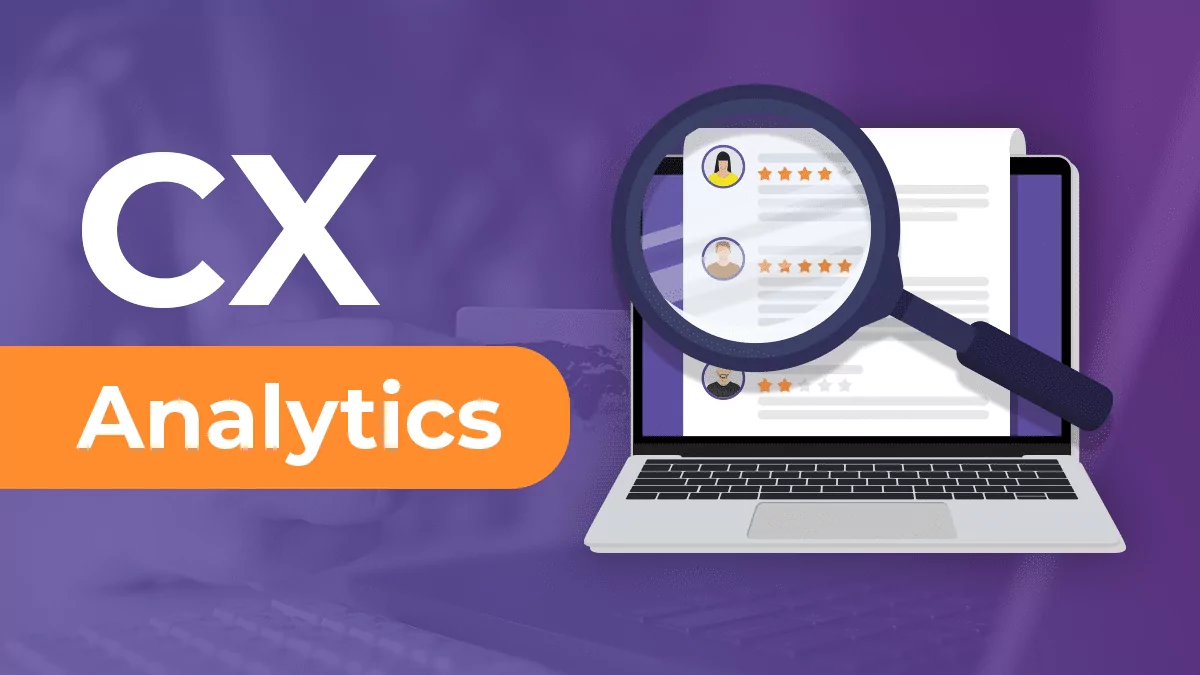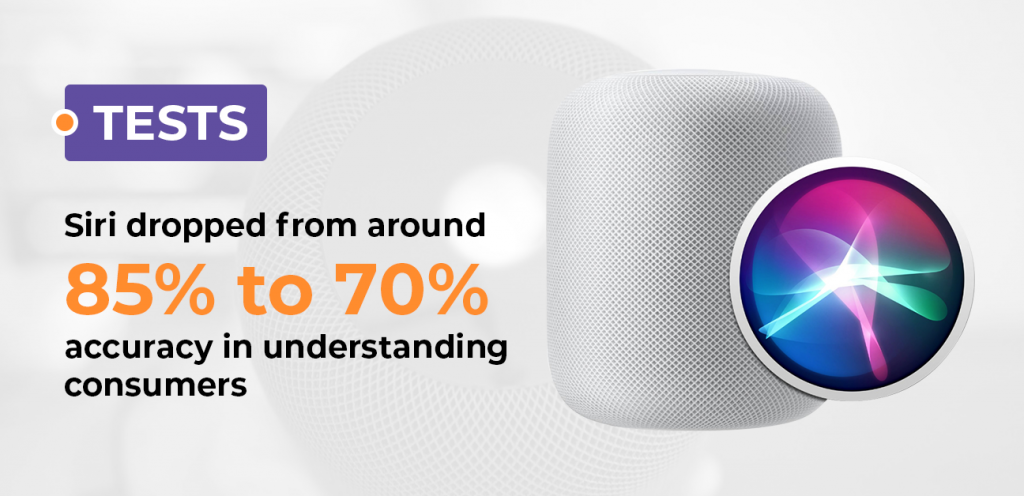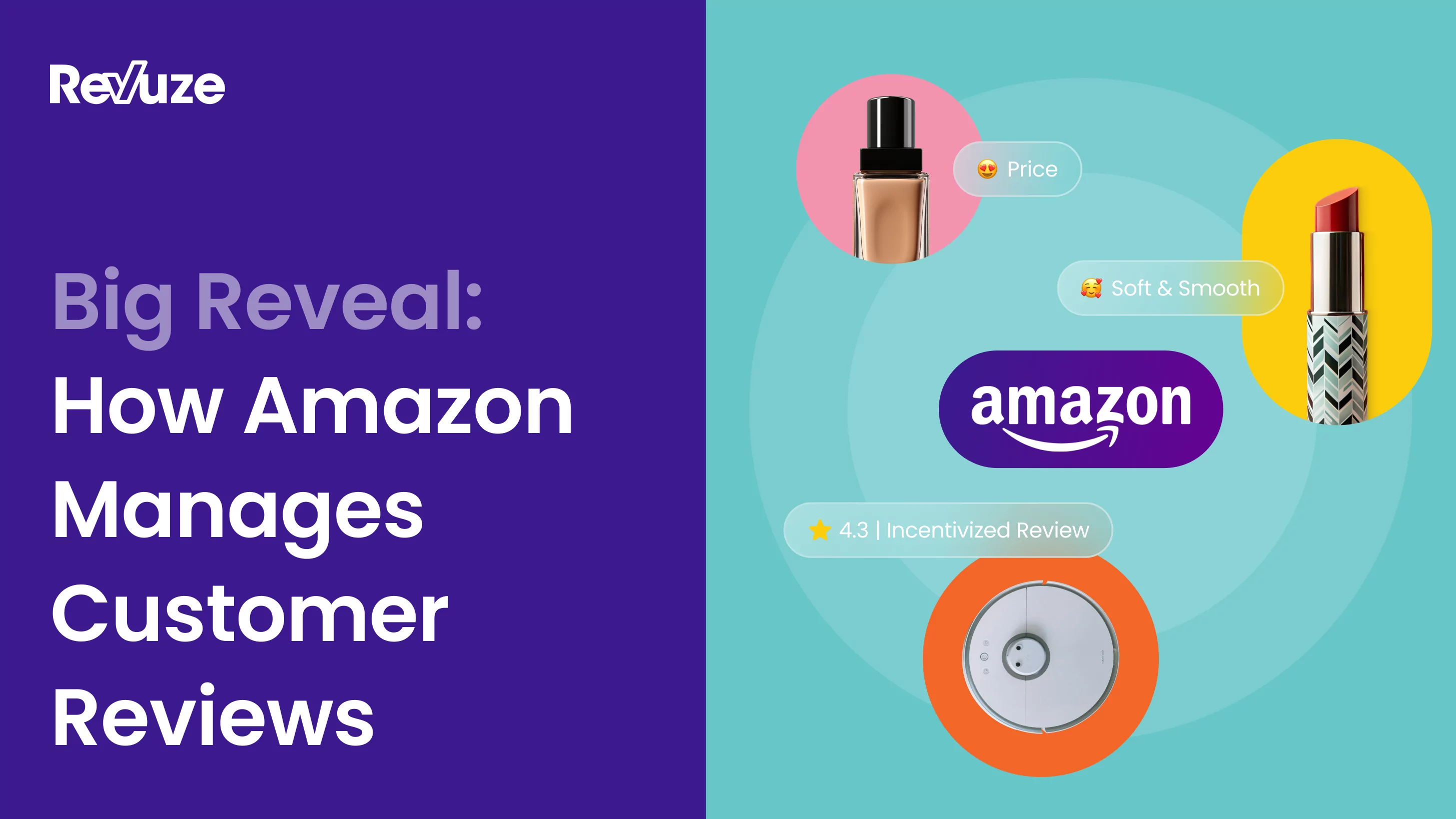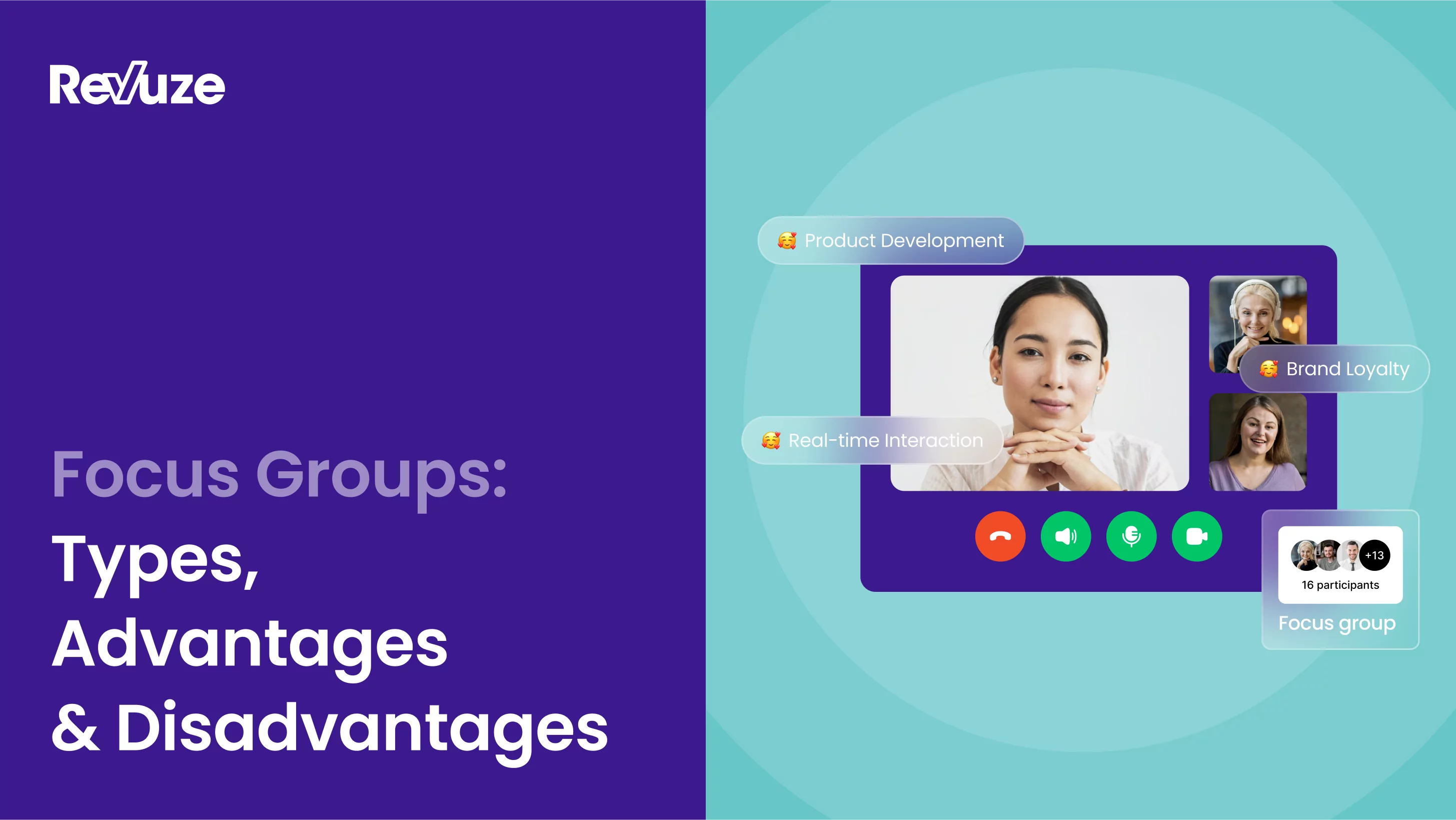
What is CX Analytics
Customer Experience Analytics (AKA: CX Analytics) is a collection of consumer data gathered from all of the channels and an output of consumer insights in a report or a dashboard.
The CX Analytics Market
The CX analytics market is a multi-billion $ market. Just the US part was recently estimated to grow from under $2B in 2018 to $3.4B in 2023. This is a lucrative market that is crowded for a reason as consumers represent the largest business driver in the world and brands compete ferociously for their business.
However, even in this crowded and lucrative market, it seems obtaining analytics for decision making is challenging. Most existing methods and solutions seem expensive, slow, and even shallow in terms of insights.
In a market where CX analytics tools are expensive and shallow it means insights are not easily accessible to the wide business decision making audience. When you couple this with the fact that existing solutions are slow you get the worst of all world for the fast-moving consumer markets:
- Lack of access to insights
- Timing of insights is too late
In this article we’ll analyze why that is and how new market solutions can provide a real alternative that is quick, accessible and granular.
Why understanding consumers is still based on centralized solutions?
Existing solutions rely on data scientists, analysts and IT folks to put in rules into the artificial intelligence machines. In other words you have to train the AI to search for similar patterns in consumer feedback.
Siri as an example for human trained AI
Take Siri as an example. It is trained by experts to recognize requests for restaurant reservations or online purchases. Because human experts need to imagine now every way that consumers can approach Siri, this is a losing battle. In fact, recent tests show that Siri dropped from around 85% to 70% accuracy in understanding consumers.
Since human trained AI is the “best practice” and experts are expensive, these systems are put in in a centralized manner and circulate predefined set of insights to different audiences.

OK but what’s wrong with human trained AI and a centralized solution?
Because it is a singe system that caters to a wide range of roles, and because its setup by people with limited time, it is geared for the lowest common denominator in terms of insights:
- Price/Value
- Quality
- Loyalty
- ….
Let’s say you work for a brand as a product manager. You are responsible for one product or a group of products with similar functionality. In order to move the needle and take your product from $X revenue to $2X revenue you need a detailed plan of what to do.
For the details you need deep understanding of what to fix/change/position/market with your product/s. How are you going to get it from one centralized system that caters to all the products in the organization PLUS the brand level insights? The short answer is you won’t. This data is not granular enough for you and thus is not usable.
If as the product manager you still believe you can get usable information from this centralized solution, you will need to go and stand in line for the central groups that cater to this solution so they can consider adding your needs into the list so down the road you will get the additional reports.
To sum it all up, this is a scenario that leaves the masses within brands that need actionable insights for the operational role without real access to a solution that can help them. They will need:
- To go to mediators/experts
- Wait in line for shared resources
- Work with insights that are not granular enough
This is not to say that these solutions are useless. These solutions were put in place by executives (due to the high costs) and they mostly cater to these executives. When you are a product manager, marketing manager, customer service manager, insights manager etc. – they are not as valuable to you.
Why lack of access (AKA centralized solutions) means insights timing is late
When all you have are generic insights that you get once in a while (sometimes quarterly, sometimes monthly), it means you need to go on a research expedition to dig in deeper. Because there is no real access to actionable insights, you’ll need to develop your own. Without much to go on, your best bet is to develop a hypothesis of what is wrong and go after it. This is typically done via research projects and consultants, or leveraging survey tools. Either way you have two fundamental issues here:
- It takes weeks to months to get answers, and these answers may only trigger more questions
- Your hypothesis may be missing the mark on other big trends or changes that your market/products are going through
Let’s take a new product launch example. According to Harvard Business School 95 percent of new consumer products fail, so the end result is known already. You launched your product and backed it up with marketing hype, coupons and samples. First couple of months are great and feedback matches the hype.
Now comes month 3 and sales are declining. You try to run some quick surveys but either you’re asking the wrong questions or there is no large enough sample of customers responding – and you’re left without a clear idea of what is wrong. A few more weeks pass and you engage a research agency to run a focus group for you. After 2 more months you start to get some idea, but by now you’re 5-6 months after your product launch…which means you’re late now to fix something you started 6 months ago…
Conclusion
Most CX Analytics solutions today are incapable of keeping up with the pace of modern consumers. The reliance on human experts in the loop dictates a slow pace which limits the competitiveness of brands due to –
- Time to insights
- Lack of access to insights (The inability to adopt a CX Analytics solutions across a wide range of business roles)
When you consider the fact consumers become more educated, have more eCommerce options, a wider range of offerings and new brands and products coming in at regular flow, you get the need for timely insights that can be accessed across the organization and are still granular enough for each role.
This is what it takes for brands to be competitive – they need to embrace solutions that allow them to make the right decisions at scale and on time.
Revuze is an innovative software vendor that addresses just this with the first personal, low touch solution that can mine consumer insights automatically. Reach out to find out more here.
 All
Articles
All
Articles Email
Analytics
Email
Analytics








 Agencies
Insights
Agencies
Insights